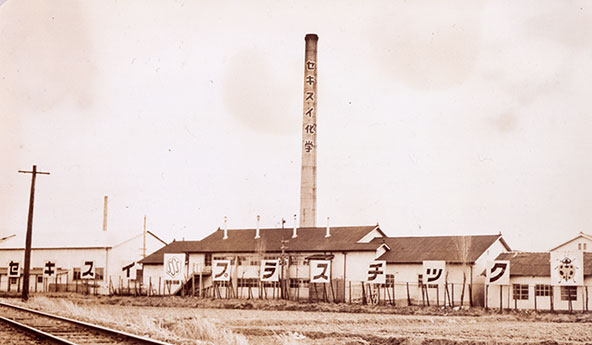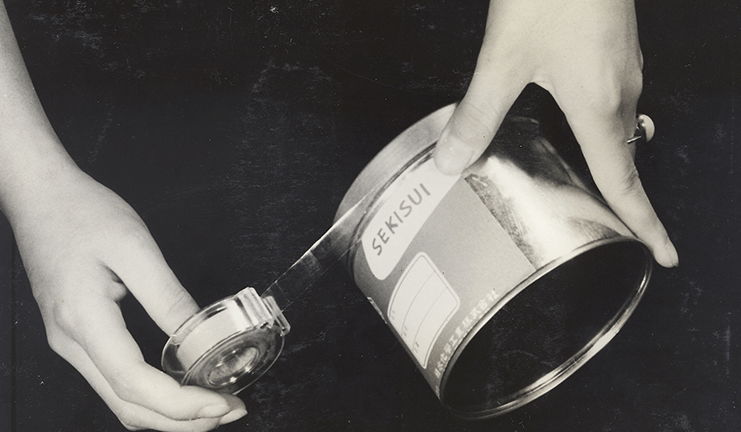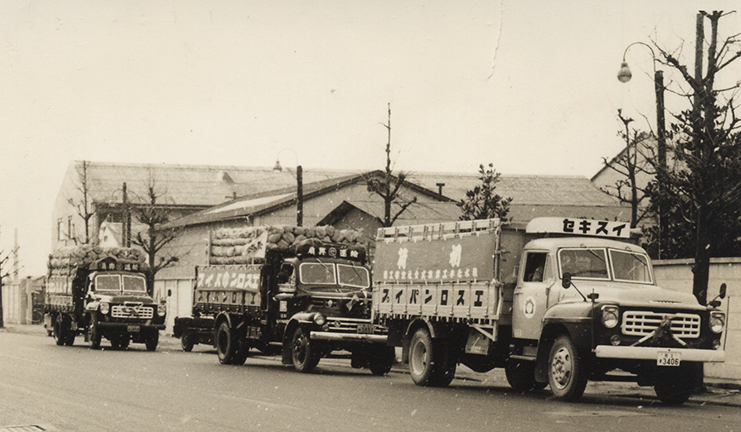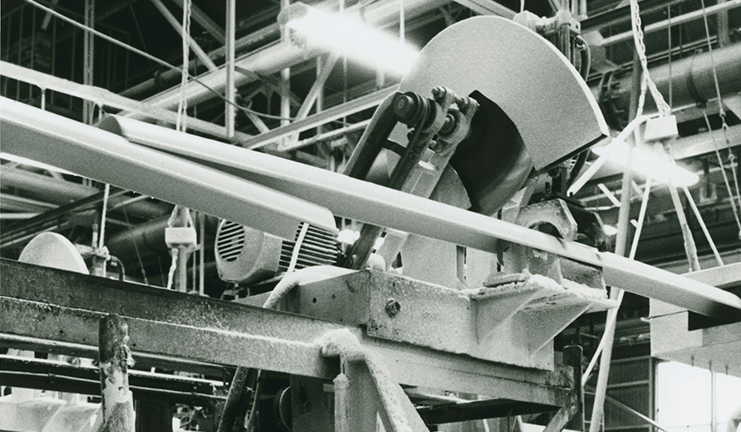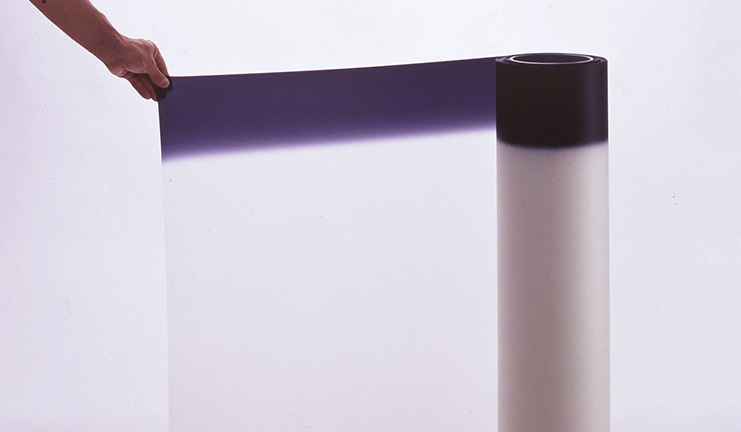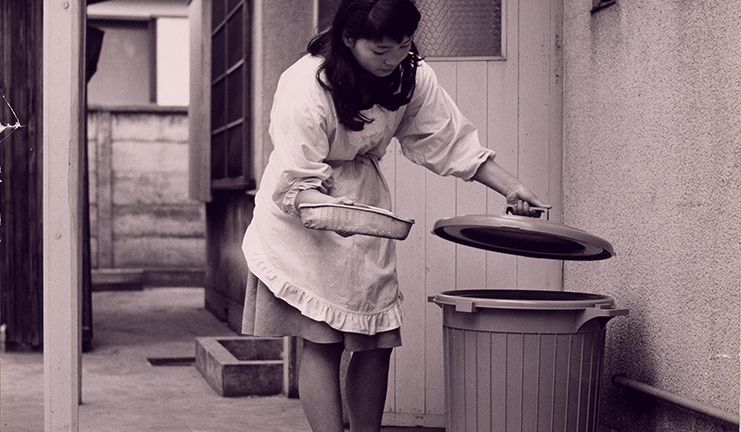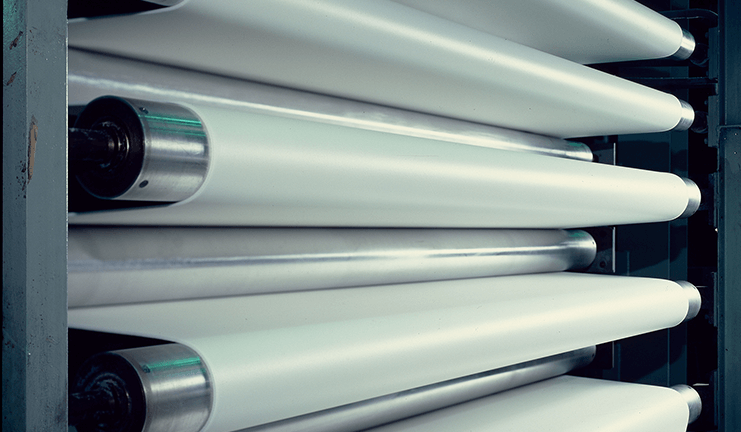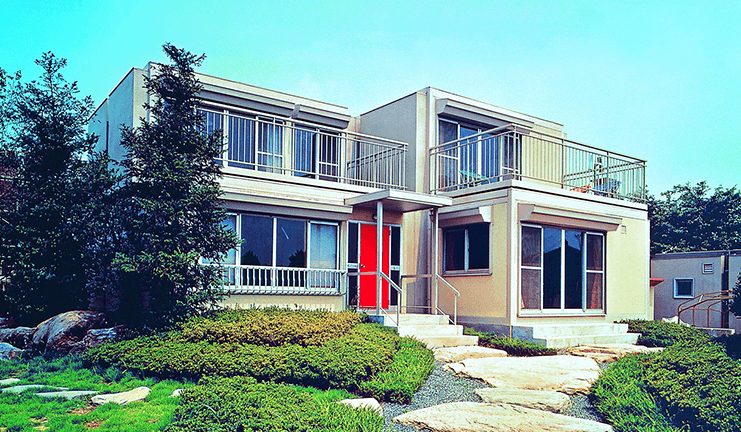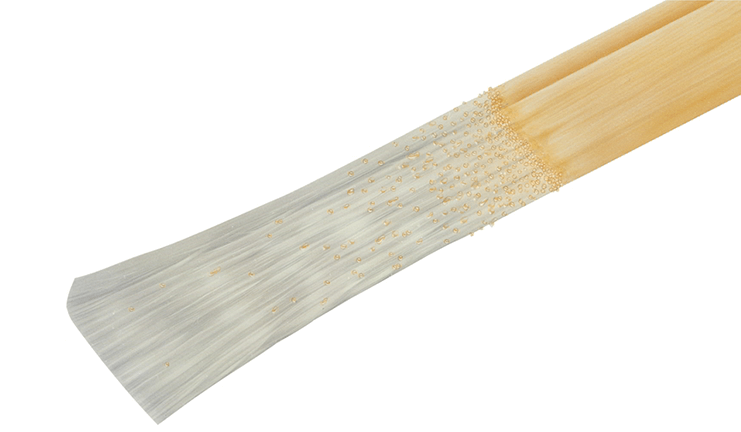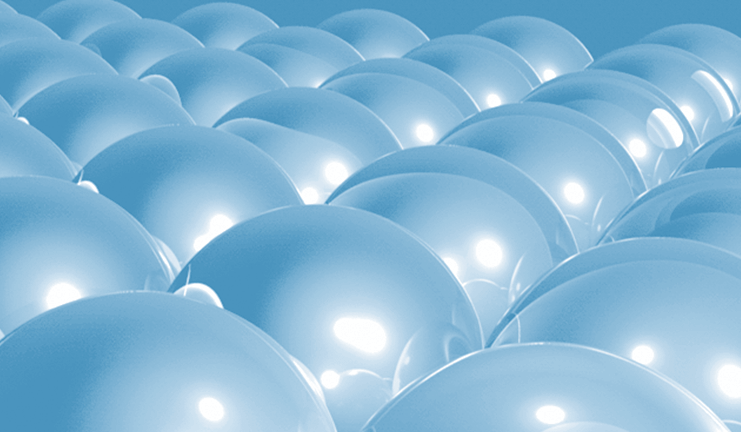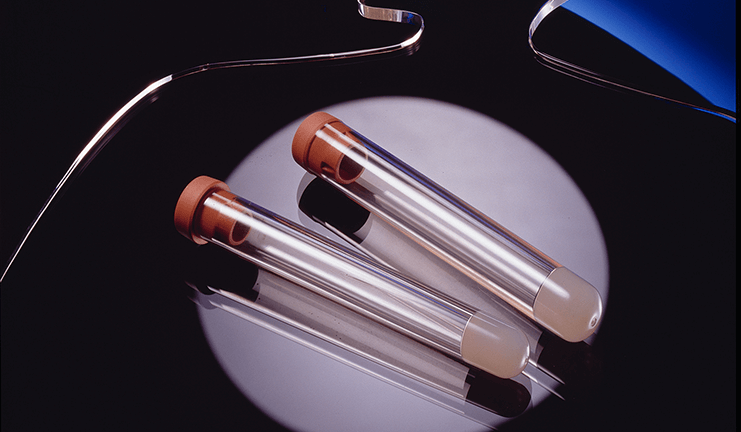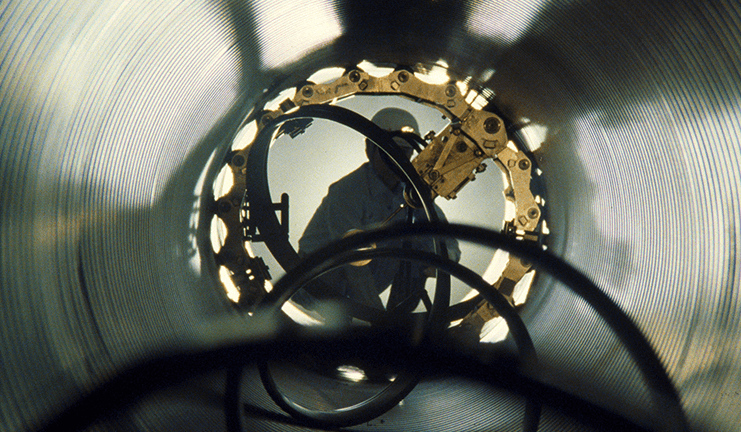February 2000
Acquired Hinomaru Co., Ltd. (currently SEKISUI HONOMARU Co., Ltd.) to strengthen sales system in the Kyushu region
September 2000
Athlete Naoko Takahashi won a gold medal at the women's marathon during the Sydney Olympic Games (first time in Japan's women's track-and-field history)
2001
Launched Fi-Block, a fire-resistant thermal expansion material
March 2001
Implemented Divisional Company Organization System, and the three business divisions were renamed Housing Company, Urban Infrastructure & Environmental Products Company, and High Performance Plastics Company
July 2002
Established SEKISUI (QINGDAO) PLASTIC CO., LTD., a joint venture for business in water supply piping materials, in China (2023 Divestment)
December 2002
Established SEKISUI HIGH PERFORMANCE PACKAGING (LANGFANG) CO., LTD. in China to produce packaging tapes
April 2003
- Established SEKISUI S-LEC (SUZHOU) CO., LTD. in China to produce interlayer films
- Acquired majority of shares issued by South Korea's YOUNGBO CHEMICAL CO., LTD. (consolidated subsidiary listed on Korea Exchange), strengthening polyolefin foam business in the Asian market
- Reorganized the housing sales structure in the Chugoku region by establishing SEKISUI HEIM CHUGOKU CO., LTD. (currently, SEKISUI HEIM CHUSHIKOKU CO., LTD.)
June 2003
Established BEIJING SEKISUI TRANK MEDICAL TECHNOLOGY CO., LTD. (currently SEKISUI MEDICAL TECHNOLOGY (CHINA) LTD.) in China to produce and sell vacuum blood collection tubes
2004
Established SEKISUI OASIS CO., LTD. and commenced business in home nursing care services
August 2004
Reorganized the housing sales structure in the Tohoku region by establishing SEKISUI HEIM TOHOKU CO., LTD.
April 2005
- Established SEKISUI FULLER COMPANY, LTD. as a joint venture for adhesive business with U.S. company H.B. Fuller Company
- Established SEKISUI Refresh CO., LTD. in South Kora to produce and sell pipe rehabilitation materials
July 2005
Reorganized the housing sales structure in the Kyushu region by establishing SEKISUI HEIM KYUSHU CO., LTD.
March 2006
Established SEKISUI INDUSTRIAL PIPING CO., LTD. in Taiwan to produce and sell plastic valves and pipes
October 2006
Acquired DAIICHI PURE CHEMICALS CO., LTD. to strengthen medical (diagnostics) business
May 2007
Established the first subsidiary in India, SEKISUI CHEMICAL INDIA PRIVATE LIMITED
July 2007
Reorganized the housing sales structure in the Tokyo, Chubu and Kinki regions by establishing TOKYO SEKISUI HEIM CO., LTD., SEKISUI HEIM CHUBU CO., LTD.
April 2008
- Introduced an executive officers system
- Established SEKISUI MEDICAL CO., LTD. by merging medical division with DAIICHI PURE CHEMICALS CO., LTD.
July 2008
Acquired XENOTECH, LLC.(currently SEKISUI XENOTECH, LLC.), a U.S. company in the pharmacokinetics contract services business (2022 Divestment)
August 2008
- Opened Taga Plant as our main plant for the Electronics field
- Reorganized the housing sales system in the Chugoku and Shikoku regions by establishing SEKISUI CHUSHIKOKU CO., LTD.
July 2009
Acquired polyvinyl alcohol resin business from group companies of the Celanese Corporation Group based in the United States, and established SEKISUI SPECIALTY CHEMICALS AMERICA, LLC and SEKISUI SPECIALTY CHEMICALS EUROPE, S.L.
September 2009
Established a joint venture in Thailand for production and sales, the first overseas venture in our housing business
December 2009
Acquired expandable polyolefin foam manufacturer SEKISUI ALVEO BS GmbH (previously Polymer-Tec GmbH) in Europe
